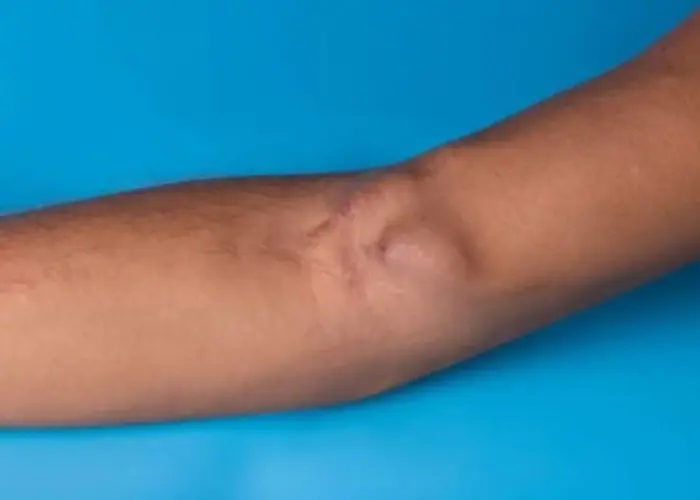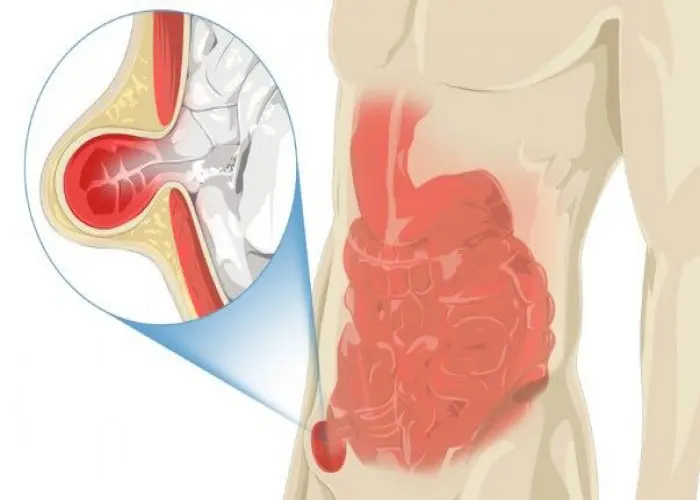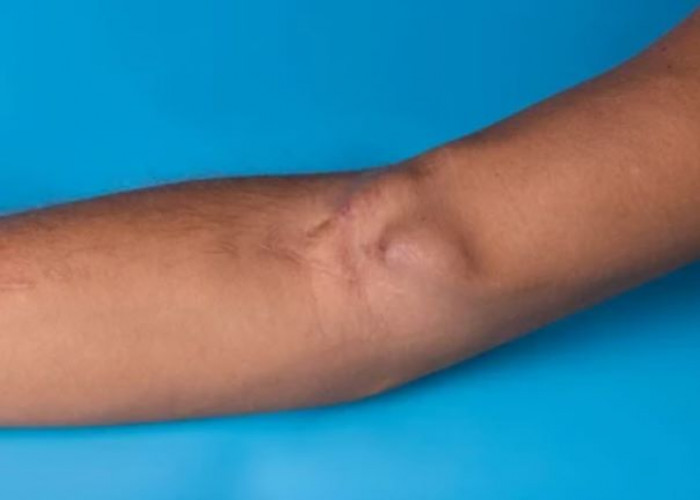 Welcome
Welcome
“May all be happy, may all be healed, may all be at peace and may no one ever suffer."
Arteriovenous fistula

An arteriovenous fistula (AV fistula) is a surgical connection created between an artery and a vein, usually in the arm. AV fistulas are commonly used in hemodialysis, a treatment for end-stage kidney disease. During hemodialysis, blood is removed from the body, filtered to remove waste products, and then returned to the body. The AV fistula provides a direct, high-flow access route for the blood, allowing for more efficient and effective dialysis.
AV fistulas are typically created by a surgical procedure that involves connecting an artery and a vein, usually in the arm. Over time, the fistula will mature, creating a more durable and functional connection that is suitable for hemodialysis.
The formation of an AV fistula is considered a safe and effective procedure, but it is important to manage the fistula properly to prevent complications. This may include avoiding trauma or injury to the fistula, monitoring the fistula for signs of infection or clotting, and avoiding excessive blood flow or pressure that could cause the fistula to become damaged or malfunction.
If you have end-stage kidney disease and are considering hemodialysis, your doctor may recommend the creation of an AV fistula as a means of providing a stable and effective access route for dialysis. They can provide more information on the procedure, the expected outcome, and any potential risks or complications.
Research Papers
Disease Signs and Symptoms
- Swollen arms or hands
- Low blood pressure (hypotension)
- Fatigue (Tiredness)
- Heart failure
- Blue skin (cyanosis)
- Fingertips spread out and become rounder than normal (Clubbing of fingers)
- Fistula
Disease Causes
Arteriovenous fistula
Causes of arteriovenous fistulas include:
- Injuries that pierce the skin. An arteriovenous fistula may occur if you have a piercing injury, such as a gunshot or stab wound, on a part of your body where a vein and artery are side by side.
- Being born with an arteriovenous fistula (congenital). The exact reason why isn't clear, but in some babies, the arteries and veins don't develop properly in the womb.
- Genetic conditions. Arteriovenous fistulas in the lungs (pulmonary arteriovenous fistulas) can be caused by a genetic disease (Osler-Weber-Rendu disease, also known as hereditary hemorrhagic telangiectasia) that causes blood vessels to develop abnormally throughout your body, but especially in the lungs.
- Dialysis-related surgery. People who have late-stage kidney failure may have an arteriovenous fistula surgically created in the forearm to make it easier to perform dialysis.
Disease Prevents
Disease Treatments
If your arteriovenous fistula is small and doesn't cause any other health problems, you may need only close monitoring by a doctor. Some small arteriovenous fistulas close by themselves without treatment.
If your arteriovenous fistula requires treatment, your doctor may recommend:
- Ultrasound-guided compression. This may be an option for you if you have an arteriovenous fistula in your legs that's easily seen on ultrasound. In this treatment, an ultrasound probe is used to compress the fistula and block blood flow to the damaged blood vessels. This procedure takes about 10 minutes. But it only works for about 1 in 3 people.
- Catheter embolization. In this procedure, a catheter is inserted in an artery near the arteriovenous fistula. Doctors use X-rays and other images to guide the catheter to your fistula. Then, a small coil or stent is placed at the site of your fistula to reroute your blood flow. Many people who have catheter embolization stay in the hospital for less than a day and can resume daily activities within a week.
- Surgery. Large arteriovenous fistulas that can't be treated with catheter embolization may require surgery. The type of surgery you'll need depends on the size and location of your arteriovenous fistula.
Disease Diagnoses
Disease Allopathic Generics
Disease Ayurvedic Generics
Disease Homeopathic Generics
Disease yoga
Arteriovenous fistula and Learn More about Diseases

Egg allergy

Rubella

Diabetes

Parvovirus infection

Gallbladder cancer

Worms

Inguinal hernia

Central nervous system vascular malformations
Arteriovenous fistula, AV fistula, Dural AV fistula, ধমনী ফিস্টুলা
To be happy, beautiful, healthy, wealthy, hale and long-lived stay with DM3S.
